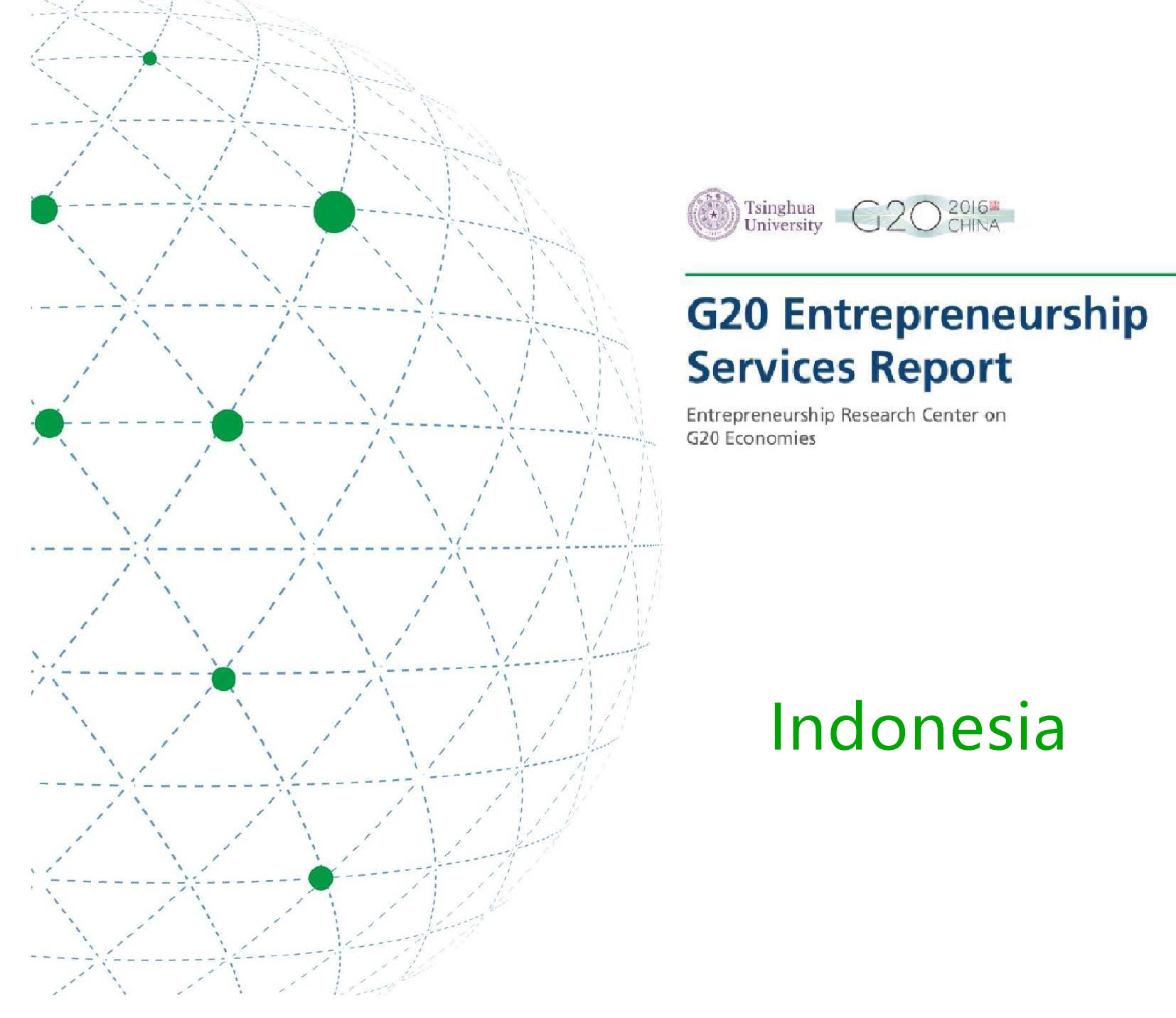
Summary
Indonesia’s Company Law and Small and Medium Enterprises Law are the basic laws of the Indonesian government to support the development of Indonesian start-ups and small and medium enterprises (SMEs).
The Indonesian government attaches importance to the role of SMEs in boosting the economy and has arranged supportive measures in its economic stimulus plan The Indonesia government has launched a national entrepreneurship campaign, promulgated a micro-credit agency law and a national financing strategy to promote the SME and start-up developments, and committed itself to simplifying the registration and business license processes. The Ministry of Cooperatives and SMEs is mainly responsible for these affairs in Indonesia.
The Indonesian government has taken a series of measures to reduce the fiscal and taxation burdens for SMEs. In early 2018, the preferential income tax rate for SMEs was lowered and tax cut was granted to foreign investment projects. In 2017, the import of raw materials for SMEs will be exempted from customs duties. In 2016, the amount of taxes paid by SMEs was reduced. In order to encourage venture capital companies to support emerging SMEs, the government also introduced a preferential income tax policy for venture capital in early 2018.
Indonesia provides financing support for SMEs through commercial banks that mainly serve SMEs, in which Bank Rakyat Indonesia (BRI) and PT Bank Danamon Indonesia TBK (BDI) play an important role. PT. Askrindo (Persero) mainly provides guarantee for banks of SME lending. In recent years, Indonesia’s venture capital also developed rapidly.
Indonesia’s digital economy has considerable growth potential. Therefore, the government has implemented the Indonesia Broadband Plan, given priority to network infrastructure development, and encouraged the country to start businesses and develop SMEs in the field of digital economy. The ongoing Palapa Ring program will provide faster broadband services, and Internet platforms such as Indonesia MALL’s website and Tokopedia platform of the People’s Bank of Indonesia (PBI) will also facilitate SMEs to use the Internet to expand their market. In Indonesia, there are various incubators, mainly active in the fields of digital start-ups, digital financial enterprises and digital media. In addition, Indonesian government departments have also initiated the development of an entrepreneur community and provided an information, technology and resource exchange platform for entrepreneurial activities.
In Indonesia, international organizations and multinational companies have actively promoted local entrepreneurship education and training, and have set up different programs to provide entrepreneurship training for special groups such as youth and women and high-growth enterprises. Such initiatives include the Indonesia Green Entrepreneurship Program of the International Labor Organization (ILO) and the “Womenwill” program sponsored by Google, a campaign launched by US-based non-profit organizations in 2016. In addition, increasing higher learning institutions are carrying out entrepreneurship education, and they have also started projects aimed at providing entrepreneurship education for middle school teachers.